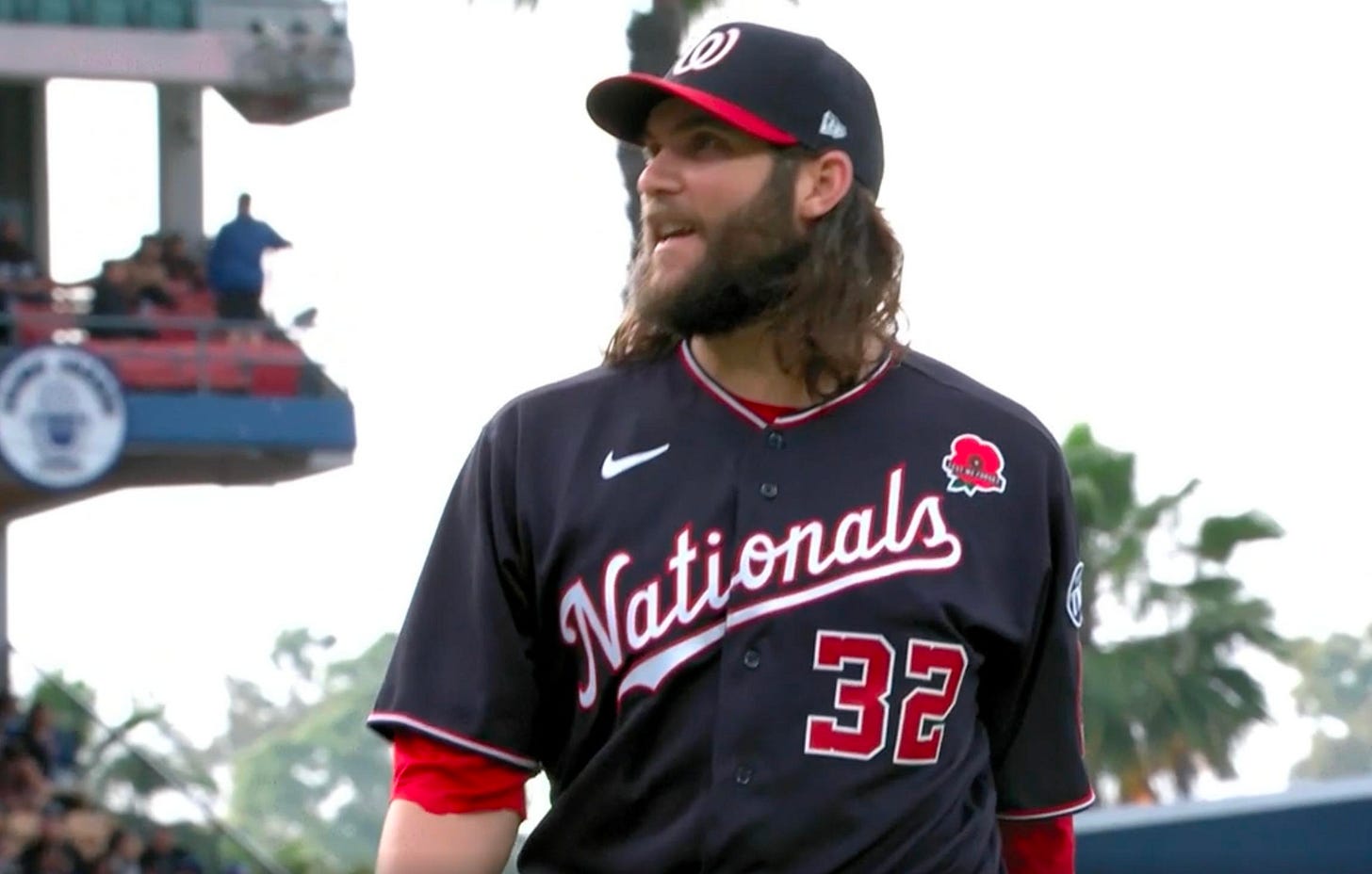‘To stand up for our faith’ — Trevor Williams on the LA Dodgers and respect at the ballpark
The Nationals pitcher talked with The Pillar about the Sisters of Perpetual Indulgence.
Major League baseball player Trevor Williams made headlines this week after saying he was “deeply troubled” by the Los Angeles Dodgers’ decision to reissue an invitation to the Sisters of Perpetual Indulgence to participate in the team’s “Pride Night.”
Williams, a Catholic and a pitcher for …

